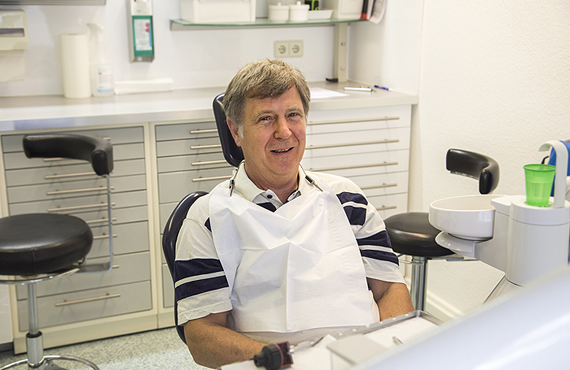
Teeth that have undergone root canal treatment following inflammation or infection often last a lifetime with proper care.
However, in some cases, an endodontically treated tooth may not heal properly - potentially becoming re-infected and causing pain months or even years following the initial procedure.
While this can be a rather unfortunate occurrence, the good news is, teeth that had bad root canal dental work in the past can be re-treated with a secondary endodontic treatment procedure if necessary (a procedure simply referred to as a root canal re-treatment).
With a high success rate depending on the circumstance, a root canal re-treatment is designed to save the tooth that has become re-infected once again.
Root canal re-treatment is an effective endodontic procedure on a tooth, commonly performed following the failure of an initial root canal treatment.
The most common indicator of a failed root canal is pain. This pain can be experienced only when eating or biting down using the affected tooth, or can also be a persistent and recurring pain that does not go away. Moreover, it’s also common to experience swelling and tenderness in the area if your initial root canal treatment has failed.
Lastly, you may also notice a fistula (a pimple-resembling bump located near the affected tooth), or may even notice that the tooth feels loose.
During a typical endodontic re-treatment procedure, the tooth will be reopened once again in order to gain access to and clean out the root canal filling material from the initial treatment.
After that, the canals will be thoroughly cleaned out, and the tooth will be carefully examined for any unusual canal structures, as well as any potential cracks and infection. Following this, the canals are sealed. Regarding cases where the canals are too narrow or unusual, it may be necessary to perform further treatment with an apical surgery.
To finalize the root canal re-treatment procedure, the endodontist will place a permanent filling or new crown on the tooth in order to provide protection and support.
After an endodontic re-treatment procedure, it’s expected that a patient experiences a recovery similar to that of their initial root canal. This includes common and temporary side effects like mild pain or discomfort, tenderness, and swelling surrounding the treated tooth.
Fortunately, over-the-counter pain medication can relieve these symptoms in the interim, in addition to applying a cold compress to the area. It’s also strongly advised to stick to only soft foods during recovery, and to avoid chewing using the side of the mouth with the affected tooth until the pain subsides.
If you suspect that you are dealing with a failed previous root canal procedure and are in need of a re-treatment, reach out to our experienced team at Endodontics on Don Mills today.